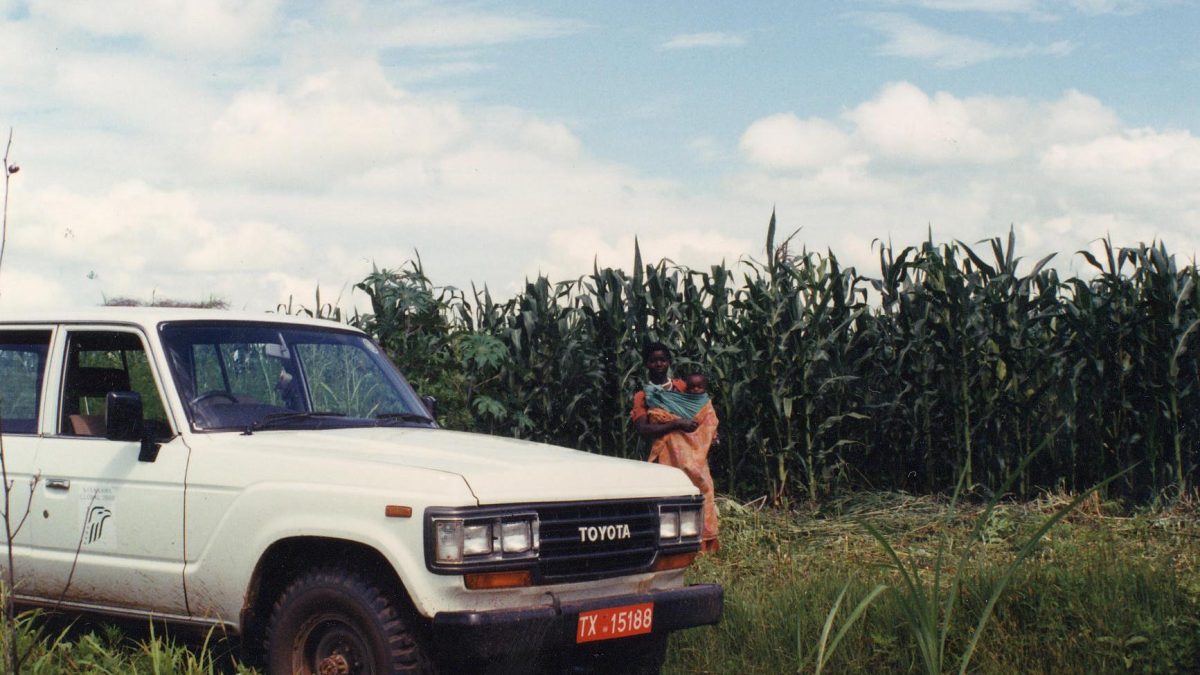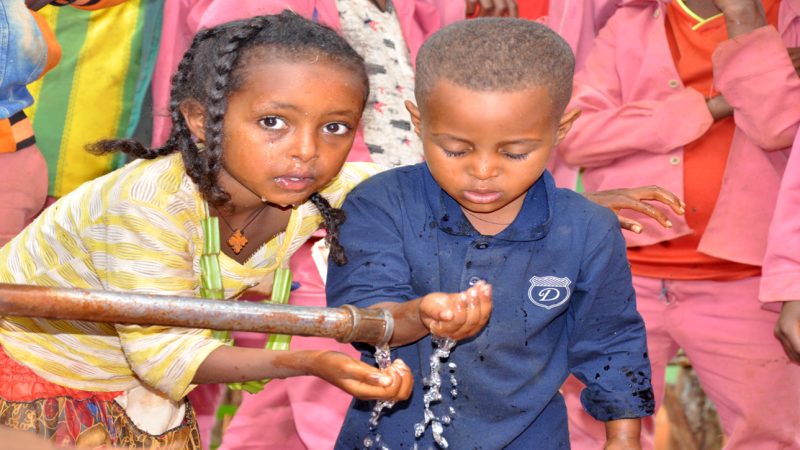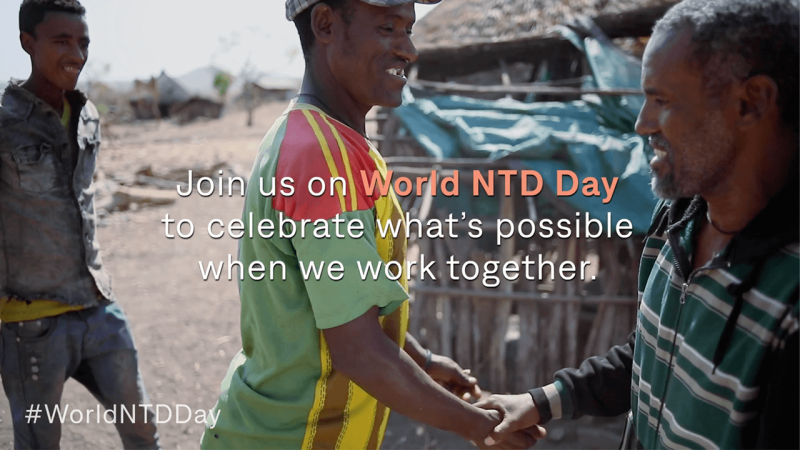Tanzania

The Carter Center currently partners with the city of Dar es Salaam as part of its groundbreaking Inform Women, Transform Lives campaign.
In 1988, The Carter Center began working with the Tanzania Ministry of Agriculture to help build food security. In 1994, Tanzania joined other Great Lakes nations in a regional Carter Center initiative to repatriate Rwandan refugees and curb violence.
Short-term Goals
We’ve partnered with the city of Dar es Salaam to empower women through access to information.
Impact
- Built the skills of local farmers through our Agriculture Program
- Convened presidential summits in 1996 that ended with commitments to repatriate Rwandans and curb regional violence
Carter Center Adds 12 More Cities to its Global Inform Women, Transform Lives Campaign
Evaluation of Facial Cleanliness and Environmental Improvement Activities: Lessons Learned from Malawi, Tanzania, and Uganda
Pre-Operative Trichiatic Eyelash Pattern Predicts Post-Operative Trachomatous Trichiasis

Regional Content
Global Impact Starts with You
Your support sustains the Carter Center's mission of waging peace, fighting disease, and building hope around the world.



